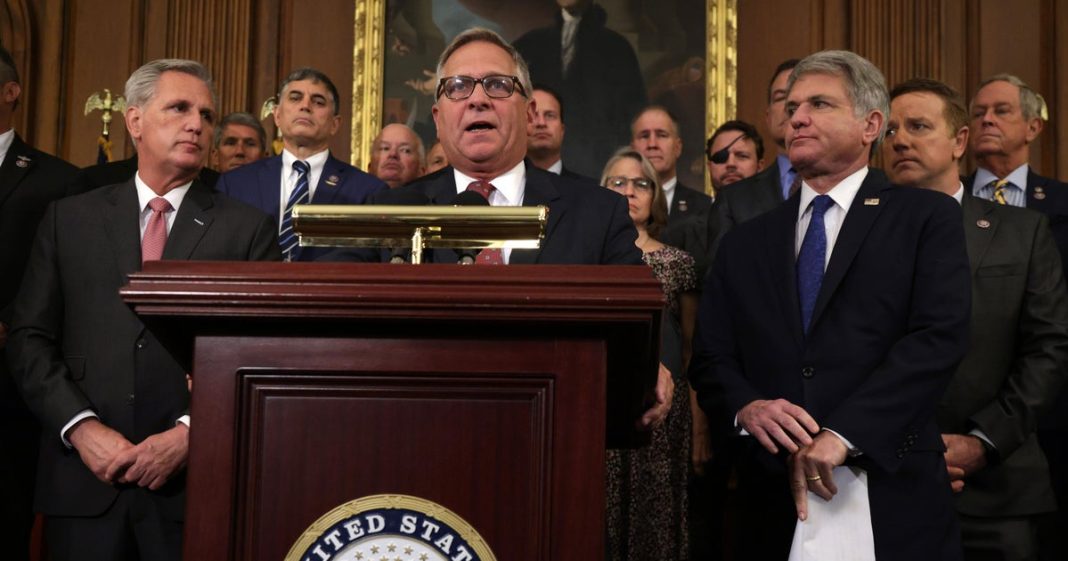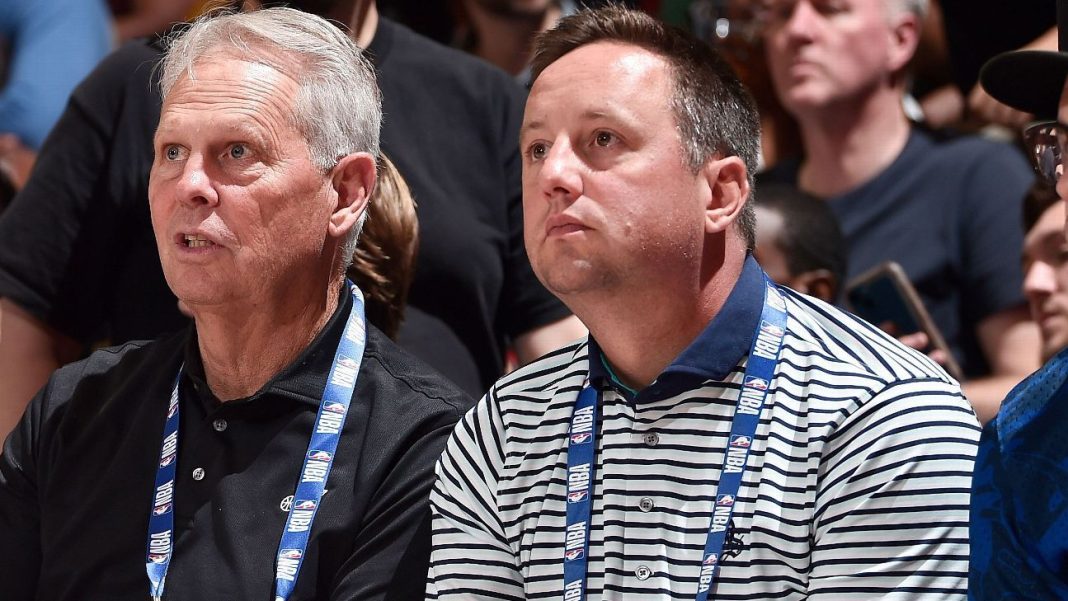Washington — The Supreme Court said Monday that it will consider whether to revive a Republican congressman’s challenge to an Illinois law that allows mail-in ballots to be received and counted up to 14 days after Election Day.
The dispute involving GOP Rep. Michael Bost will be heard by the Supreme Court in its next term, which begins in October, with a decision expected by the end of June 2026. The question in the case is a procedural one: Whether Bost and two Republican presidential electors have the legal right to challenge state regulations concerning the time, place and manner of federal elections.
If the high court finds that the plaintiffs do have the legal standing to sue, their lawsuit could proceed.
The case concerns an Illinois law that dictates when vote-by-mail ballots have to be postmarked and received in order for them to be counted. Changes in state law in 2005 effectively allow a mail-in ballot received up to 14 days after Election Day to be counted as long as it is cast by mail on or before the day of the election. At least 17 states also allow ballots that arrive after Election Day to be counted.
Bost, who was first elected to Congress in 2014, and two Republican presidential electors sued Illinois election officials over the deadline for counting mail ballots in 2022. They argued in part that the receipt and counting of late-arriving ballots dilutes the value of their votes, infringing on their rights under the First and 14th Amendments, and contended that the ballot-receipt deadline is preempted by two federal statutes that set a uniform day for federal elections.
A federal district court dismissed the case in 2023, finding that Bost and the two electors failed to allege that they have the legal right to sue, a concept known as standing. A divided three-judge panel on the U.S. Court of Appeals for the 7th Circuit upheld the district court’s decision last year, agreeing that the plaintiffs did not allege standing to bring their lawsuit because they did not plausibly allege they had been injured by the law involving late-arriving mail ballots.
Bost and the electors appealed the decision to the Supreme Court, arguing that in recent years, the ability of candidates and parties to sue over state laws that affect their campaigns has been restricted by the federal courts.
“The court’s guidance is needed to correct the unwarranted narrowing of candidates’ ability to challenge electoral regulations,” they wrote in a filing with the Supreme Court, adding that it is “vitally important” for the Supreme Court to clarify whether candidates can challenge state election laws in federal court.
“It is important that courts hear and resolve well-pleaded challenges by federal candidates to state time, place, and manner regulations affecting their elections,” the Republicans wrote. “Aside from the interests of the litigants, it is important that the public conclude that elections are run in an orderly, not arbitrary, fashion.”
But Illinois election officials urged the Supreme Court to turn away the appeal, arguing that the plaintiffs disagree with their decision to count mail-in ballots that are cast on or before Election Day, but arrive after.
“They do not claim that Illinois’s ballot receipt deadline affected their likelihood of prevailing in any race in which they have ever competed or are likely to compete in the future,” the state officials said in a filing with the high court. “Rather, petitioners contend that they are entitled to challenge the deadline simply by virtue of their status as candidates, on the theory that a political candidate can always challenge a state’s regulation of the time, place, and manner of conducting an election.”




